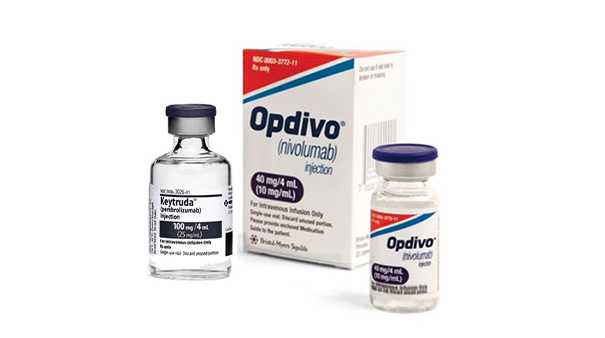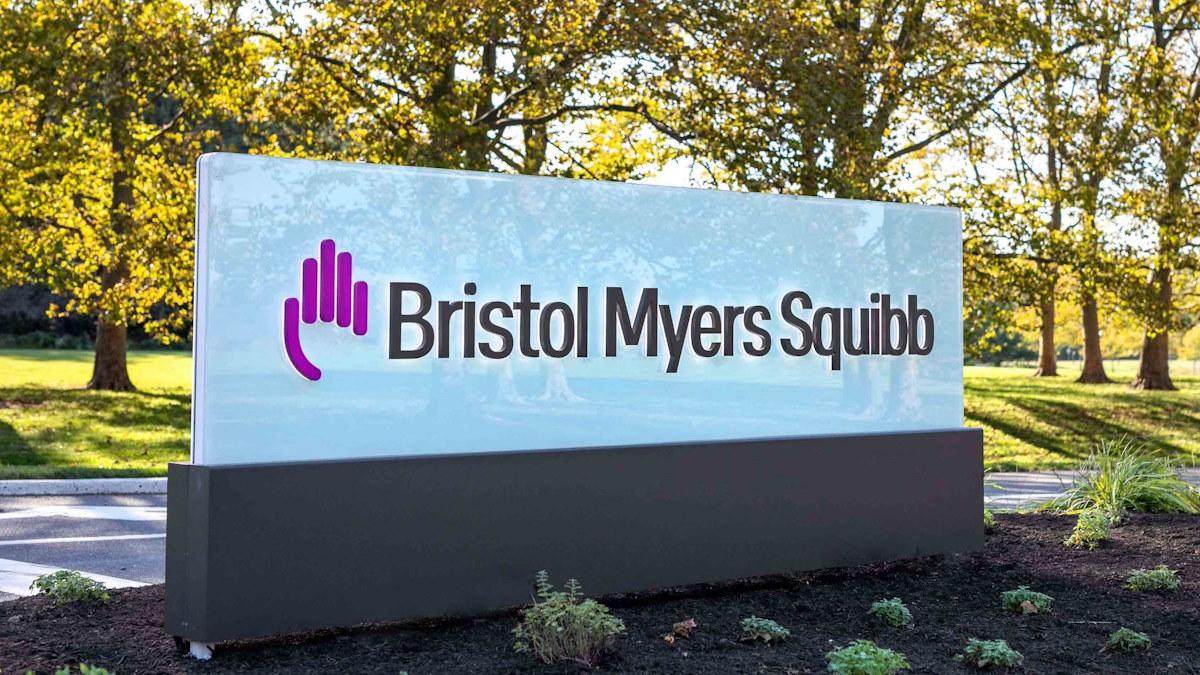FDA kicks off review of second kidney cancer combo based on BMS’ Opdivo

Bristol-Myers Squibb could be mere months away from claiming a second US approval for an Opdivo-based combination immunotherapy that will help defend its first-line kidney cancer franchise.
The FDA has started a priority review of PD-1 inhibitor Opdivo (nivolumab) alongside Exelixis’ tyrosine kinase inhibitor Cabometyx (cabozantinib) in previously-untreated advanced renal cell carcinoma (RCC) – the most common form of kidney cancer – and has set a date of 20 February to deliver a verdict on the marketing application.
If approved, the Opdivo/Cabometyx regimen would help BMS compete with two other combination therapies – Merck & Co’s Keytruda (pembrolizumab) and Pfizer’s Inlyta (axitinib), and Merck KGaA/Pfizer’s Bavencio (avelumab) plus Inlyta – which were approved by the FDA for first-line RCC treatment last year.
BMS was first to a first-line RCC approval, after getting a green light from the FDA for Opdivo alongside its CTLA4 inhibitor Yervoy (ipilimumab) in 2018.
The new combination would be an opportunity for BMS to shore up its position in this type of cancer, which is thought to have underpinned a lot of its recent sales growth, as the competition gathers strength.
Keytruda has already overtaken Opdivo in sales terms thanks to its dominant position in non-small cell lung cancer (NSCLC), and RCC has been an important therapeutic category for BMS as it tries to maintain its share of the immuno-oncology market.
The FDA is reviewing Opdivo/Cabometyx based on the results of the CheckMate-9ER trial, which was revealed to some fanfare at the virtual ESMO congress last month. In the study, the combination reduced the overall risk of death by 40% compared to Pfizer’s older drug Sutent (sunitinib), a standard first-line therapy for RCC.
That benefit applied to all patients, not just those with PD-L1-positive tumours who typically respond best to checkpoint inhibitors, and the duo also doubled the median progression-free survival (PFS) to 16.6 months versus 8.3 months for the Sutent group.
According to Exelixis, Cabometyx – a small-molecule inhibitor of RET, MET and VEGFR2 tyrosine kinases – creates a “more immune-permissive tumour environment that may allow for synergistic antitumor activity when combined with Opdivo.”
Approval alongside Opdivo in RCC would also be a big boost to Exelixis which currently makes the bulk of its Cabometyx sales from use of the drug as a second-line treatment for RCC patients previously treated with Sutent or other drugs like Bayer’s Nexavar (sorafenib) or Roche’s Avastin (bevacizumab).
When the CheckMate-9ER data was reported at ESMO, lead investigator Toni Choueiri of the Dana-Farber Cancer Institute and Harvard University said that tolerability could be a key differentiator for Opdivo/Cabometyx could be a better side-effect profile than its rivals.
“The various combination treatments will unlikely be compared head-to-head, but I think quality of life could differentiate this new therapy,” he suggested.












